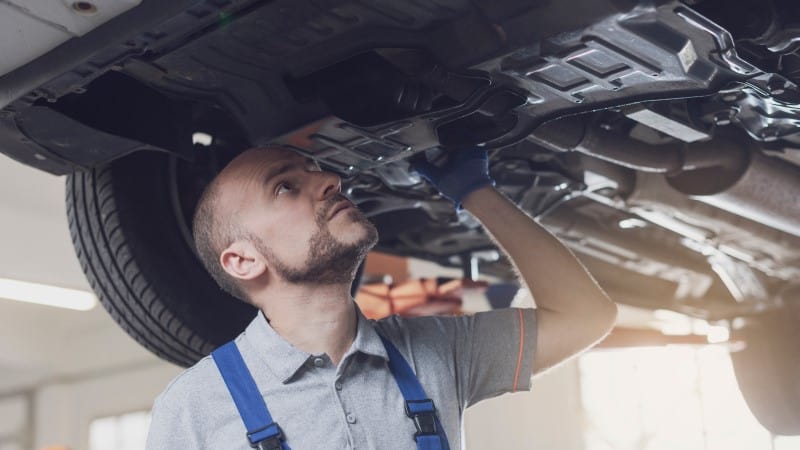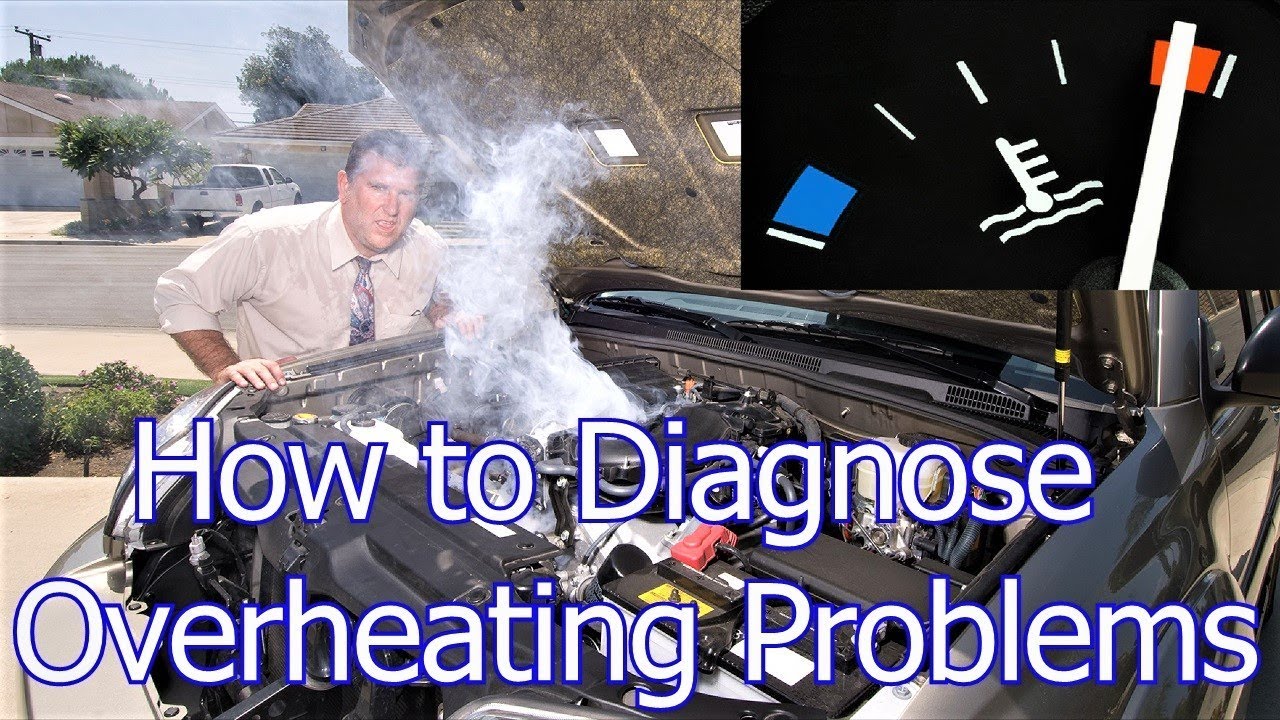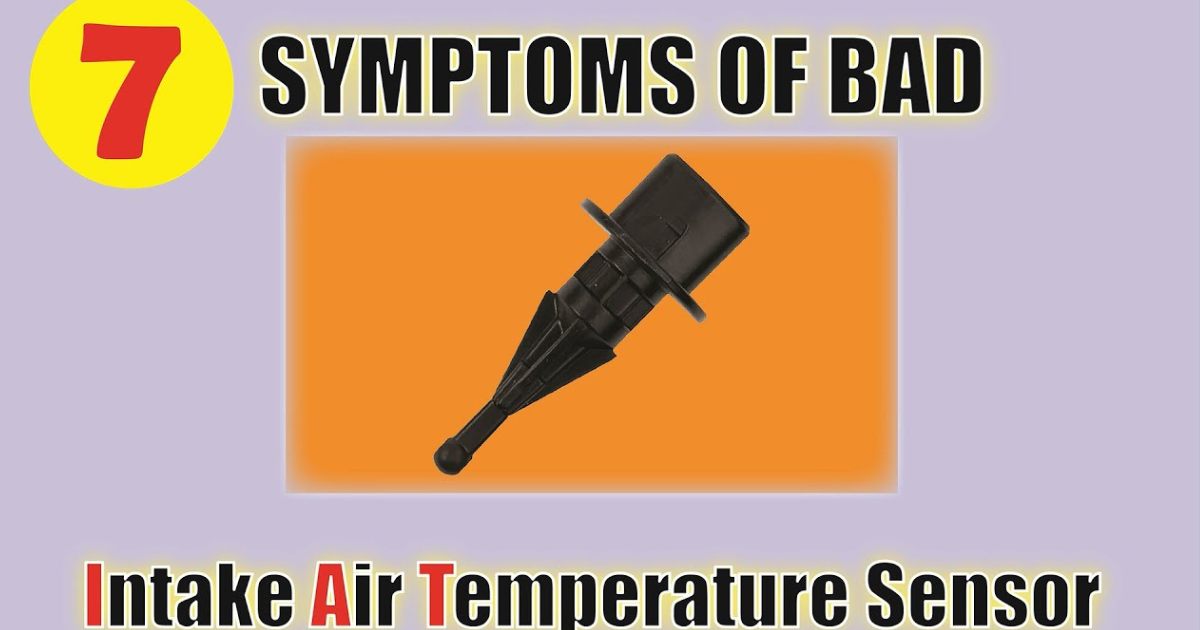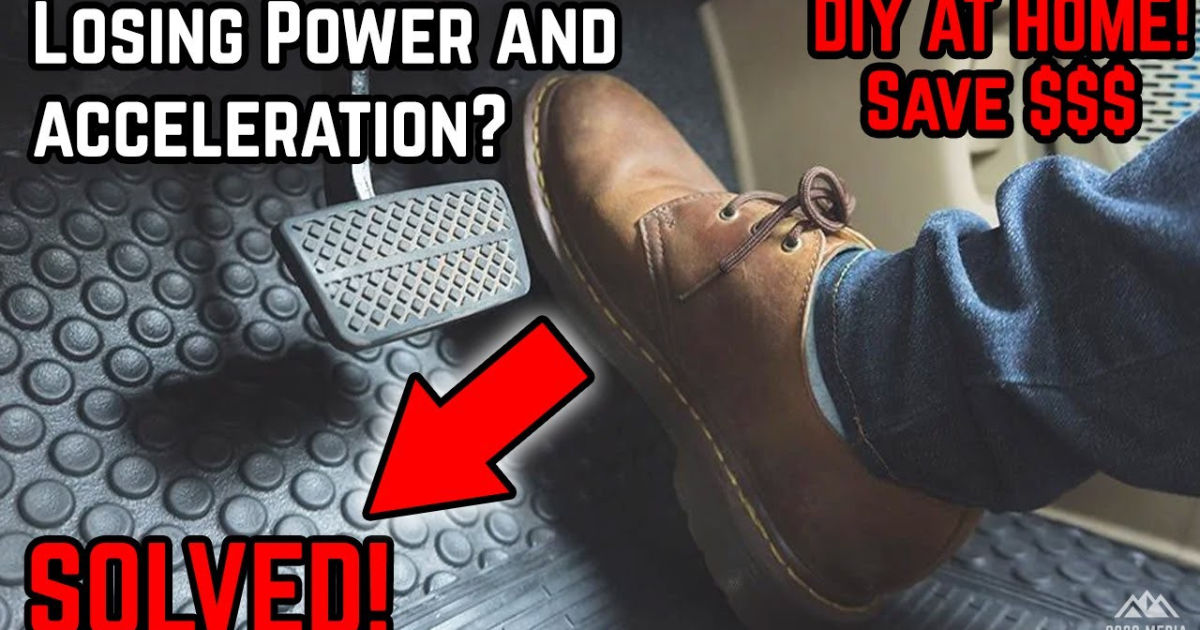Automobiles are complex devices with many moving parts that must all be in perfect alignment for the vehicle to go at its best. The total performance is susceptible to failure, loosening, or malfunction of any of these parts.

Typical issues that generate a rattling sound when speeding up
While it may be difficult to pinpoint the source of a rattling sound when accelerating, it is preferable to do so in order to fix the issue. Many things can go wrong, including water pump bearings that aren’t working properly, oil that is either too low or unclean, loose components in the engine or suspension, and many more.
Problematic motor mounts
Your engine won’t move around thanks to the engine mounts that secure it to the vehicle structure. Its rubber and aluminum components may eventually break down. The engine won’t stay put if the mount is broken. On the contrary, as you accelerate or decelerate, the engine will dangle and bump into various components within the engine compartment, leading to an unavoidable rattling sound.
Damaged heat shield
A car’s most heated components are its exhaust manifolds and pipes. Car makers cover them with heat shields to protect other parts from the heat they release.
The heat shield has a chance to loosen or break with use. If any of these things occur, the shield will hang loose and make a rattling sound while you drive. An engine compartment heat shield that has broken could be the cause of a rattling front end when you accelerate.
Engine oil drain
You can’t move without engine oil, which is just as crucial as the engine itself, if not more so. When oil levels drop, it won’t be able to reach all the moving parts of the engine, particularly the valve train. In such case, you might hear grinding or rattling as the engine’s reciprocating components scrape against one another.
Transmission that isn’t well-oiled
In a car, the gearbox is just as crucial as the engine. It is necessary for the vehicle to move. Having said that, proper lubrication is essential for its proper operation. As you accelerate, you could hear a rattling sound coming from the transmission if the fluid level is low. This is caused by the gears and other components inside the tranny rubbing against one other.
Valvestrain damage
Problems with the valve train are a common reason why cars make a rattling sound when accelerating and why check engine lights come on. Various parts, including valves, springs, retainers, pushrods, camshafts, tappets, and rocker arms, make up the valve train.
The engine will make a rattling sound when started if any of these parts are damaged. But if you turn up the engine speed, you’ll hear it more clearly.
Chain that is too loose
A loose timing chain is probably to blame if you hear slapping or rattling coming from the engine compartment, particularly around the front of the engine. The camshaft and crankshaft are synchronized by means of the timing chain. As the engine continues to operate, the timing chain will gradually wear down or get strained. Get a professional mechanic to have a look at the timing chain if you think it might be loose.

Conclusion
A rattling sound when accelerating could be caused by a number of things, such as faulty parts in the valve train, worn-out exhaust, damaged engine mounts, or cracked heat shields. Finding its source is the first and most basic step in eliminating the noise.
If your vehicle makes a rattling sound when accelerating slowly, it could be because of low transmission fluid or engine oil. On the other hand, if it makes a rattling sound while idling, it could be because of a damaged heat shield or a worn-out exhaust part. To locate and fix the rattling noise, follow the simple instructions provided above.




